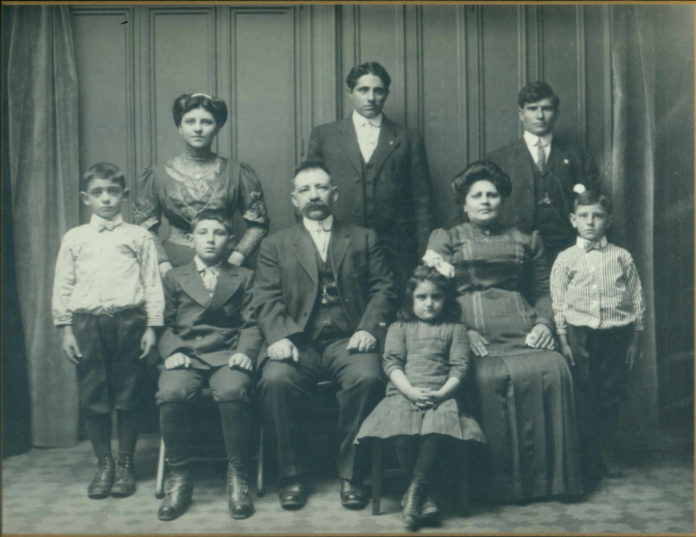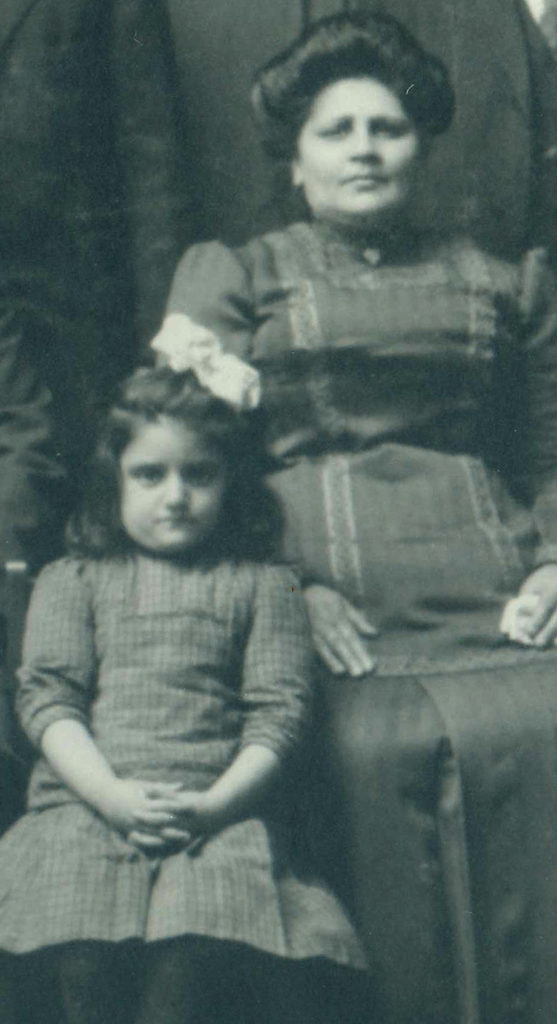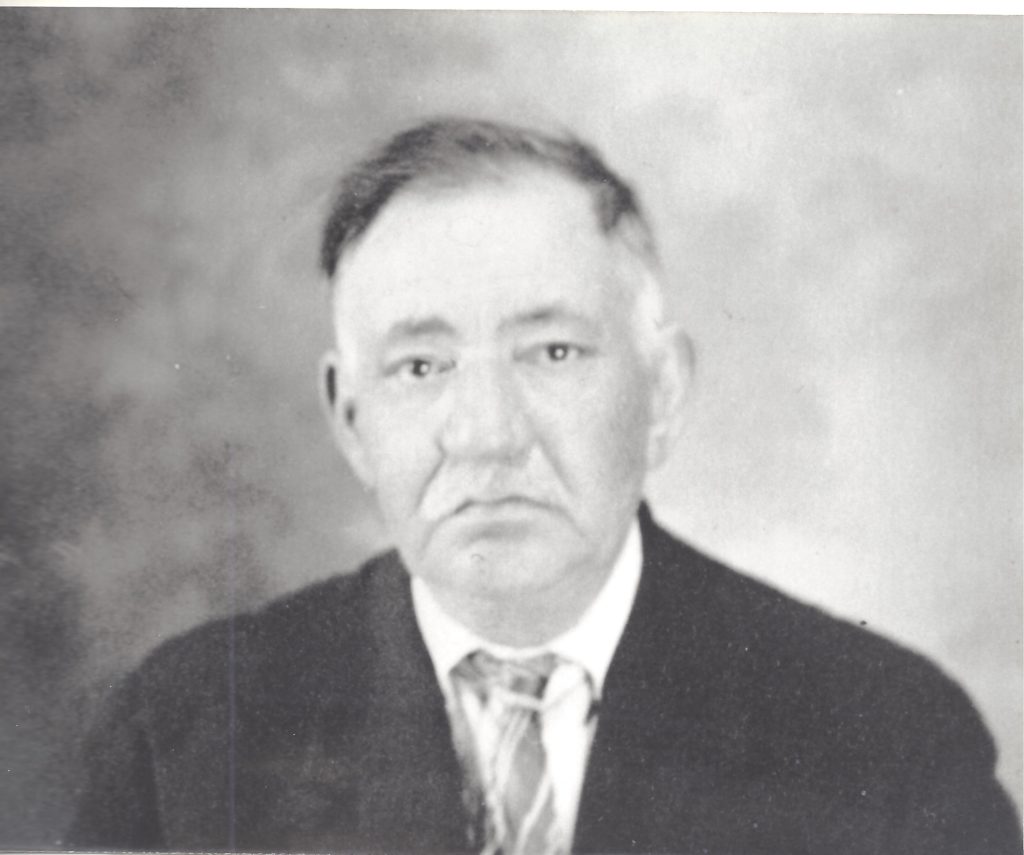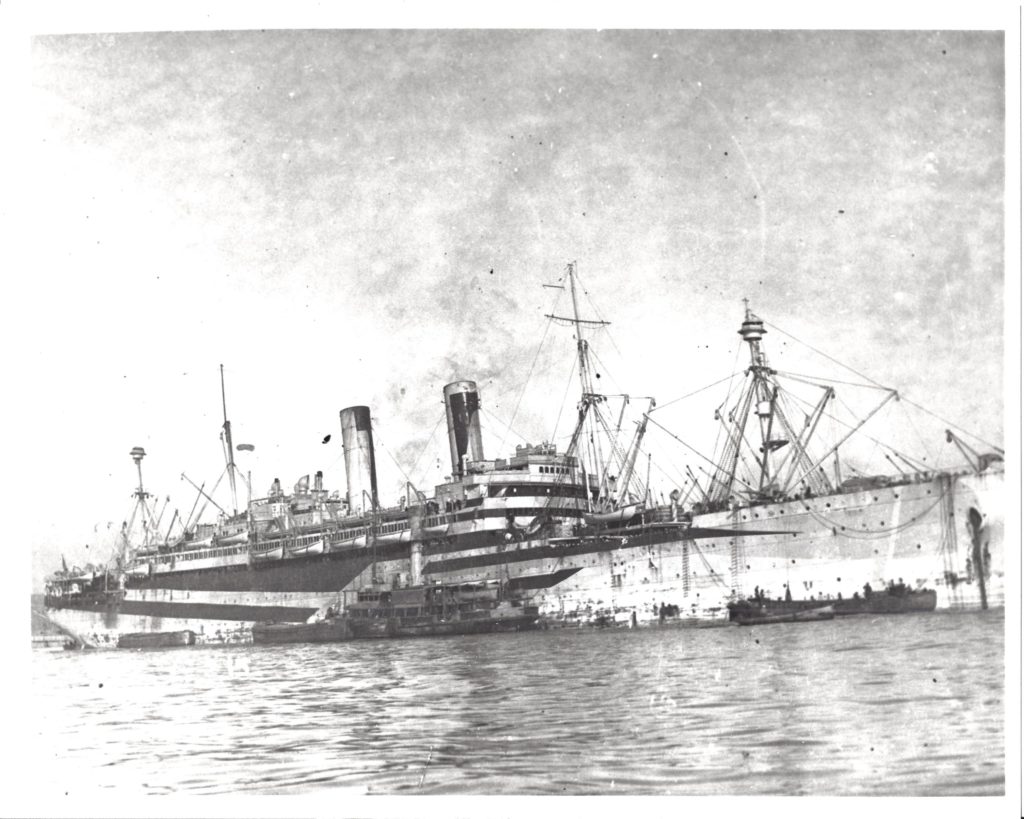By Ruth Bedevian
My maternal grandparents fell in love at an early age in the village of Soorsooree in Kharpert (Ancient Armenia) under Ottoman rule in the 1800s. While picking apples in the orchard one day Mariam saw Mardiros ride by on a horse, wearing his hat jauntily. She smiled at him and he tipped his hat. She was 14 and they were destined for each other.
Mardiros Shamshoian was the son of the moneychanger, Roupen, and was orphaned in childhood. With the inheritance that Roupen had left in trust with the local church, Mardiros was taken in by an “Agunntsi” woman who had raised him and educated him well. He was proficient in reading and writing Armenian, Turkish, French and English.
Mariam was the daughter of Ohanes Ohanesian, a wise man who taught his daughter about plants, herbs and their medicinal uses. Mariam’s mother had died young and Ohanes had remarried. From his second marriage, there were four daughters – Vartouhi, Zmroukht, Badaskhan and Berjouhi and twin sons, Garabed and Haroutune. (All four daughters perished in the Hamidian purges of 1894-96). Ohanes desired Mariam to marry whomever she wanted so he called a woman from the village to speak with her.
Mardiros earned a living by writing letters and preparing documents.
A year earlier, on March 9, 1891, Mardiros had made his first journey to America as he recorded in the Family Bible. Upon his first entry to the port of Boston, he assumed the surname Roupenian to honor his deceased father.











